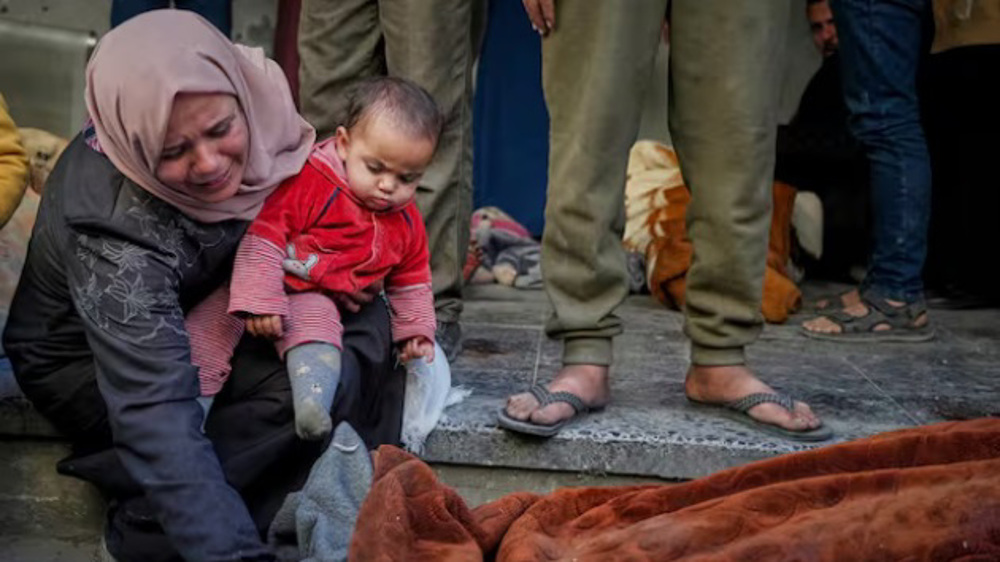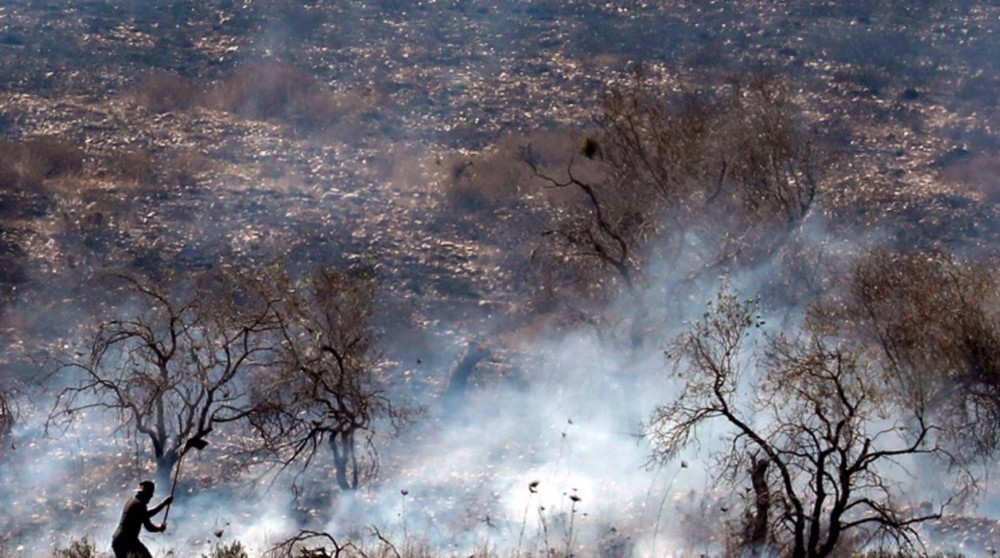Denmark slams Israeli vandalization of Palestinian infrastructure
Denmark says Israeli settlers have repeatedly targeted Palestinian farmers in the West Bank during recent weeks, destroying infrastructure directly funded by the Danish government.
According to the Danish foreign ministry and the Oxfam humanitarian group, which are handling the project of “Integrated Market Development Program across the occupied Palestinian territories”, settlers have attacked the village of Deir Nidham north of Ramallah, destroying about 2,000 newly planted almonds trees and 800 meters of metal fencing.
Danish Development Cooperation Minister Flemming Møller Mortensen said that he is “very concerned” about the attacks and has accordingly raised the matter with the Israeli authorities.
“Any form of violent acts committed by settlers in the West Bank is unacceptable. Denmark regularly reminds Israel of its illegal settlements, both directly and indirectly through our partners in the EU,” Mortensen added.
The Danish Red-Green Alliance coalition party demanded compensation from the Israeli regime, saying “it's not the first time settlers vandalize the projects we fund in the West Bank".
"The right way to do would probably be to summon the Israeli ambassador to Denmark and pass on the government's demand,” it said.
According to Oxfam, which has gathered testimonies from 19 Palestinian families in Deir Nidham, whose fields have been destroyed and whose members have been violently assaulted by settlers, the attacks destroyed infrastructure worth $23,000.
This also occurs with Israeli troops on the sidelines, which would assist the settlers in harshly attacking the farmers with stun grenades, tear gas, and rubber bullets.
Jotam Confino, a journalist at Haaretz, has broadcasted a video on his twitter showing Israeli troops firing rubber bullets at Palestinian farmers, cultivating their land in the West Bank village of Deir Nidham.
The United Nations Office for the Coordination of Humanitarian Affairs (OCHA) “documented 771 incidents of settler violence causing injury to 133 Palestinians and damaging 9,646 trees and 184 vehicles”, only in 2020.

Gaza’s children paying for Netanyahu’s political ambitions with blood: Hamas

Hamas releases video showing Israeli-American captive alive

Israeli forces detain Palestine TV crew in West Bank’s Jenin, seize equipment
Protesters gather in Times Square demanding release of Mahmoud Khalil
Yale's decision to terminate Dr. Helyeh Doutaghi aimed to silence anti-genocide voices: Activists
Iran’s aluminum output down by nearly 5% in year to March
Missiles fired from Yemen triggers sirens in Israeli-occupied territories, closes airport
Iran condemns terror attack in southeast that killed 8 Pakistani nationals
Deir al-Balah massacre: Israeli airstrikes killed 6 brothers at once
Iran currency surges on positive news from Iran-US talks
VIDEO | Spain’s Seville hosts concert in solidarity with Palestinians







 This makes it easy to access the Press TV website
This makes it easy to access the Press TV website